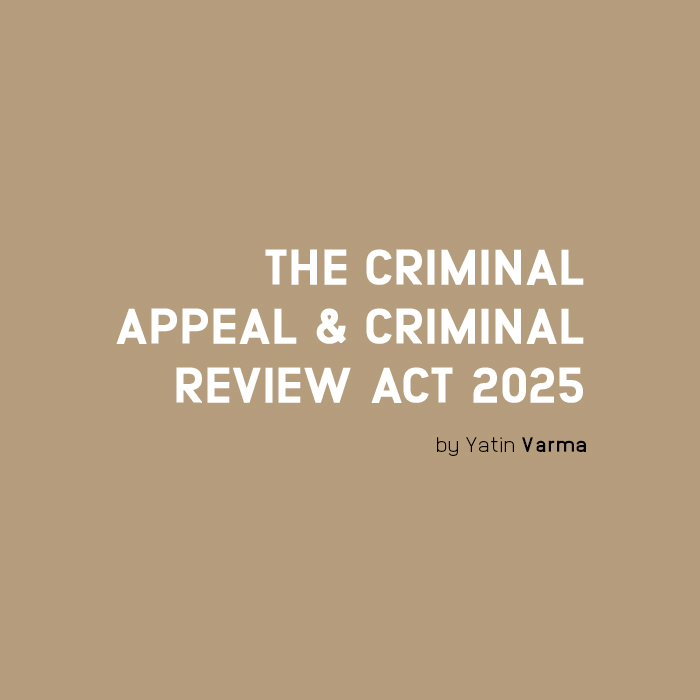The Criminal Appeal and Criminal Review Act 2025 brings a modern and streamlined framework to the criminal justice system in Mauritius. Replacing the old Criminal Appeal Act and its 1954 Rules, it strengthens the appeal and review processes, ensures greater protection against miscarriages of justice, and clarifies the role of the Appellate Court. This summary highlights the key provisions in simple terms.
Stay of Execution
An appeal automatically suspends the execution of the conviction or sentence until the Appellate Court decides, except in limited cases.
Restitution of Property
Orders for returning property after a conviction are suspended if an appeal is filed. If the conviction is quashed, the order falls away.
Bail Pending Appeal
Convicted persons can apply for bail pending appeal. The Appellate Court has the power to release them on bail under the Bail Act.
Skeleton Arguments
Appellants must file their written arguments 30 days before the hearing, while the other side must respond 15 days before. Non-compliance may lead to costs or sanctions.
Powers of the Appellate Court
The Court can affirm, reverse, amend, or order retrials. It can also correct technical errors, substitute convictions for related offences, or vary sentences.
Criminal Review
Cases can be reopened if fresh and compelling evidence is found. The Court may quash acquittals or convictions and order retrials.
Credit for Time in Custody
Time spent in custody during appeal or review is deducted from any sentence imposed, ensuring fairness.
Miscellaneous
The Act allows extension of deadlines, provides for legal aid, confirms the role of the DPP in appeals and reviews, and empowers the Chief Justice to make rules for implementation.
Repeal
The Act repeals the Criminal Appeal Act and its 1954 Rules and amends related laws to align with the new framework.
Conclusion
The Criminal Appeal and Criminal Review Act 2025 modernises criminal appellate law in Mauritius. It protects the rights of accused persons, gives the courts wider powers to correct errors, and ensures that justice is fair, transparent, and efficient. It is a step forward in strengthening public confidence in the rule of law.
YATIN VARMA


Leave a Reply